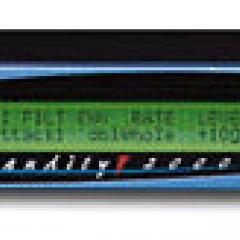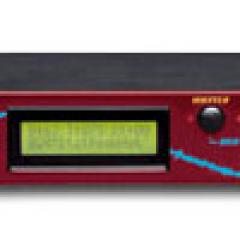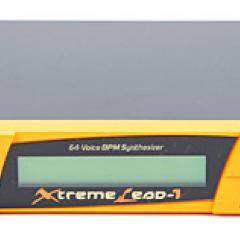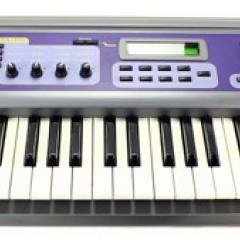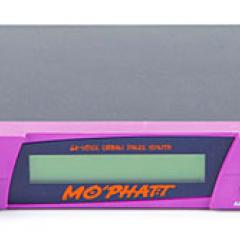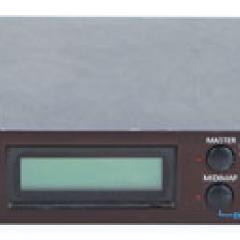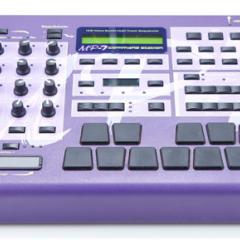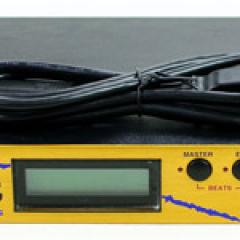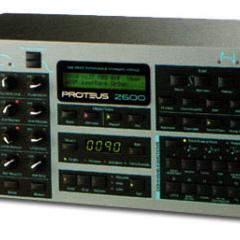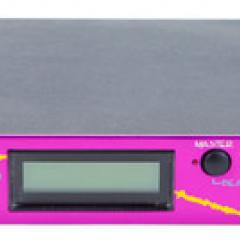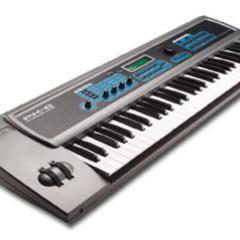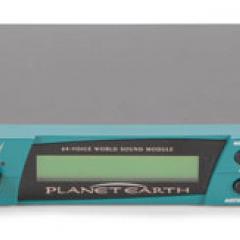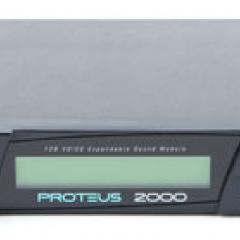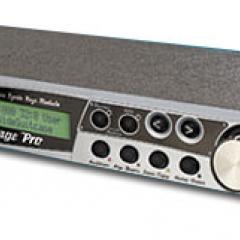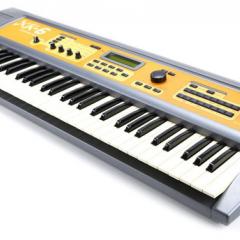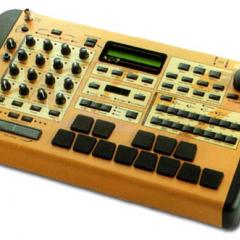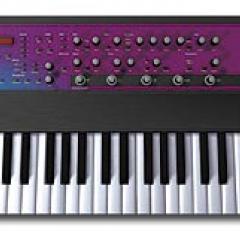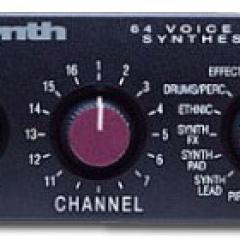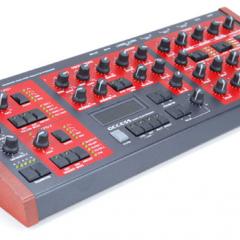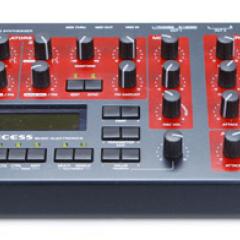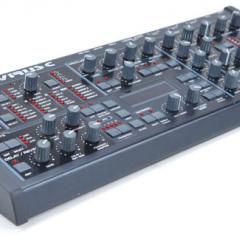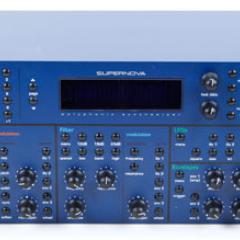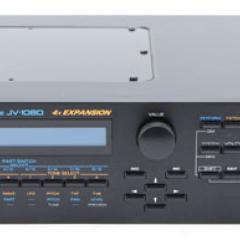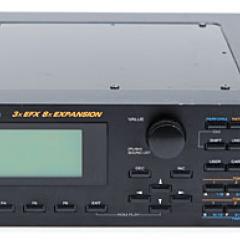E-mu Orbit-3

The Orbit-3 is the latest version in E-mu's famous Orbit line of Dance Modules. This is still strictly engineered for the techno artist, but has all the features and functions as all its sister modules including the Proteus 2000, B-3, Mo’Phatt and Xtreme Lead-1. The very first Orbit from 1996 featured 8 MB of sample ROM. The Orbit-3 has a fully loaded 64 MB of sample ROM, the "Electronica" Soundset with 1,024 ROM and 512 User presets. The original Orbit had 32 voices, but the new Orbit-3 has a full 128 voices of polyphony.
The new Orbit-3 also features E-mu's SuperBEATS Mode...the rhythmic groove generator found in other E-mu rack modules, as well as a rhythmic pattern generator/arpeggiator, 12 assignable real-time front panel controls, 6 outputs and S/PDIF digital output. Two sound expansion card slots allow you to expand its sample memory up to 128 MB using any one of the eleven sound cards from E-mu's family of sound modules, desktop groove modules, and keyboards!
Current E-mu sound modules ship with one 32 MB sound-set each, but are expandable up to 128 MB via three additional slots for 32 MB expansion cards. These cards include (ranging from $249 to $395):
- 9061: Siedlaczek Orchestra 32 MB ROM.
- 9062: Pure Phatt 32 MB ROM - standard in Mo’Phatt, MP-7 and MK-6.
- 9063: Beat Garden 32 MB ROM - standard in Orbit-3.
- 9082: Protozoa 16 MB ROM - standard in Proteus 1, 2, 3.
- 9083: Definitive B-3 32 MB ROM - standard in B-3.
- 9084: Techno Synth Construction Yard 32 MB ROM - standard in Orbit-3.
- 9085: Orchestral Session Vol. 1 32 MB ROM - standard in Virtuoso 2000.
- 9086: Orchestral Session Vol. 2 32 MB ROM - standard in Virtuoso 2000.
- 9087: World Expedition 32 MB ROM - standard in Planet Earth.
- 9088: Sounds of the ZR featuring the Perfect Piano 32 MB ROM - standard in Ensoniq Halo.
- 9089: X-Lead 32 MB ROM - standard in Xtreme Lead-1, XL-7 and XK-6.
With these expansion options, you could buy a PK-6, then add the sounds of the Orbit-3, XK-6, and the MP-7... or any other combinations you may want. If you like desktop synths, you can start with an MP-7 or XL-7, and then add these same expansion card options to add Proteus, Orchestral, or the new Halo sounds to them. E-mu/Ensoniq's interchangeable sound cards and a variety of keyboard/sound-module options means that there's a model out there for everybody now.
Demos & Media
Specifications
Resources
Images from Perfect Circuit Audio.
